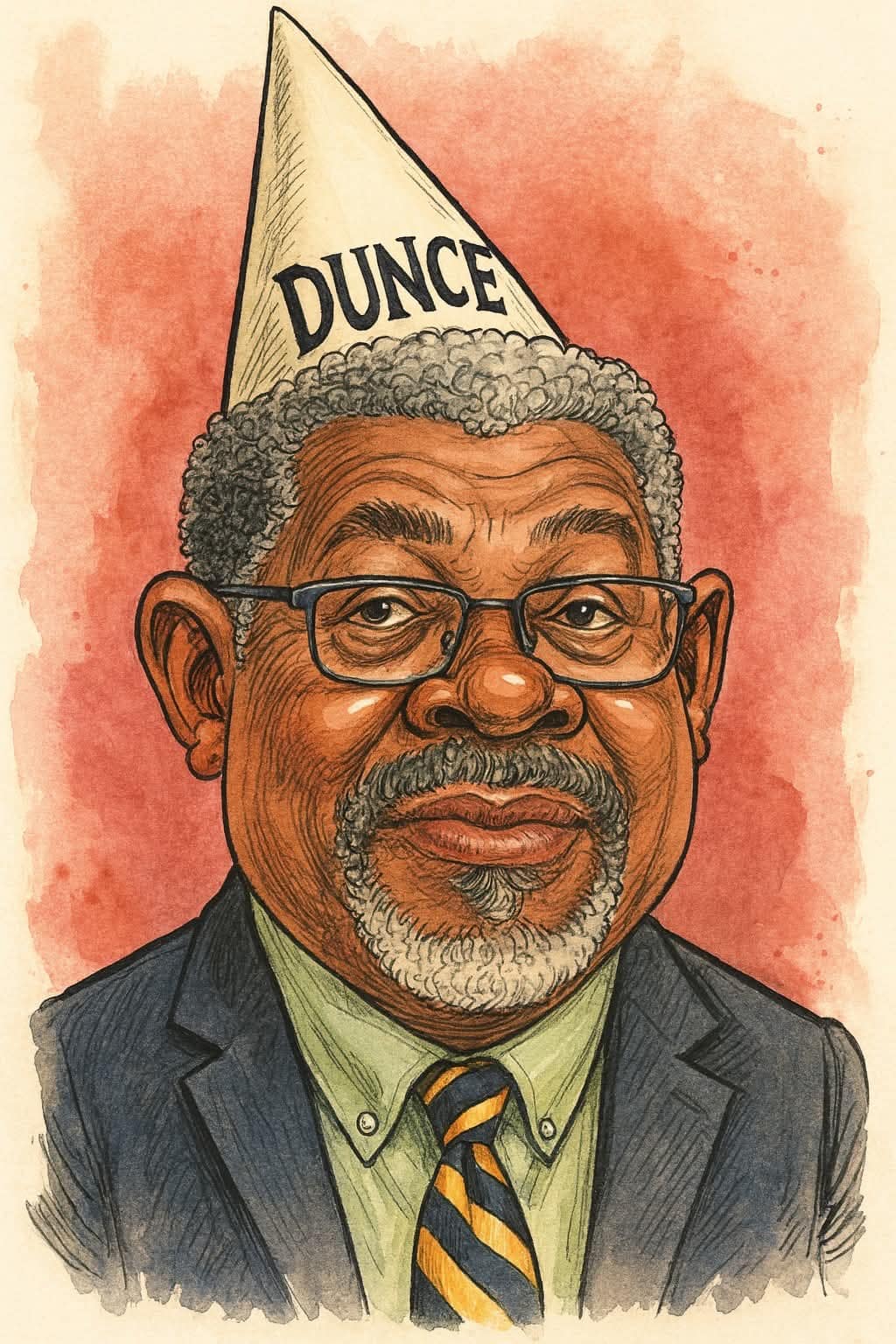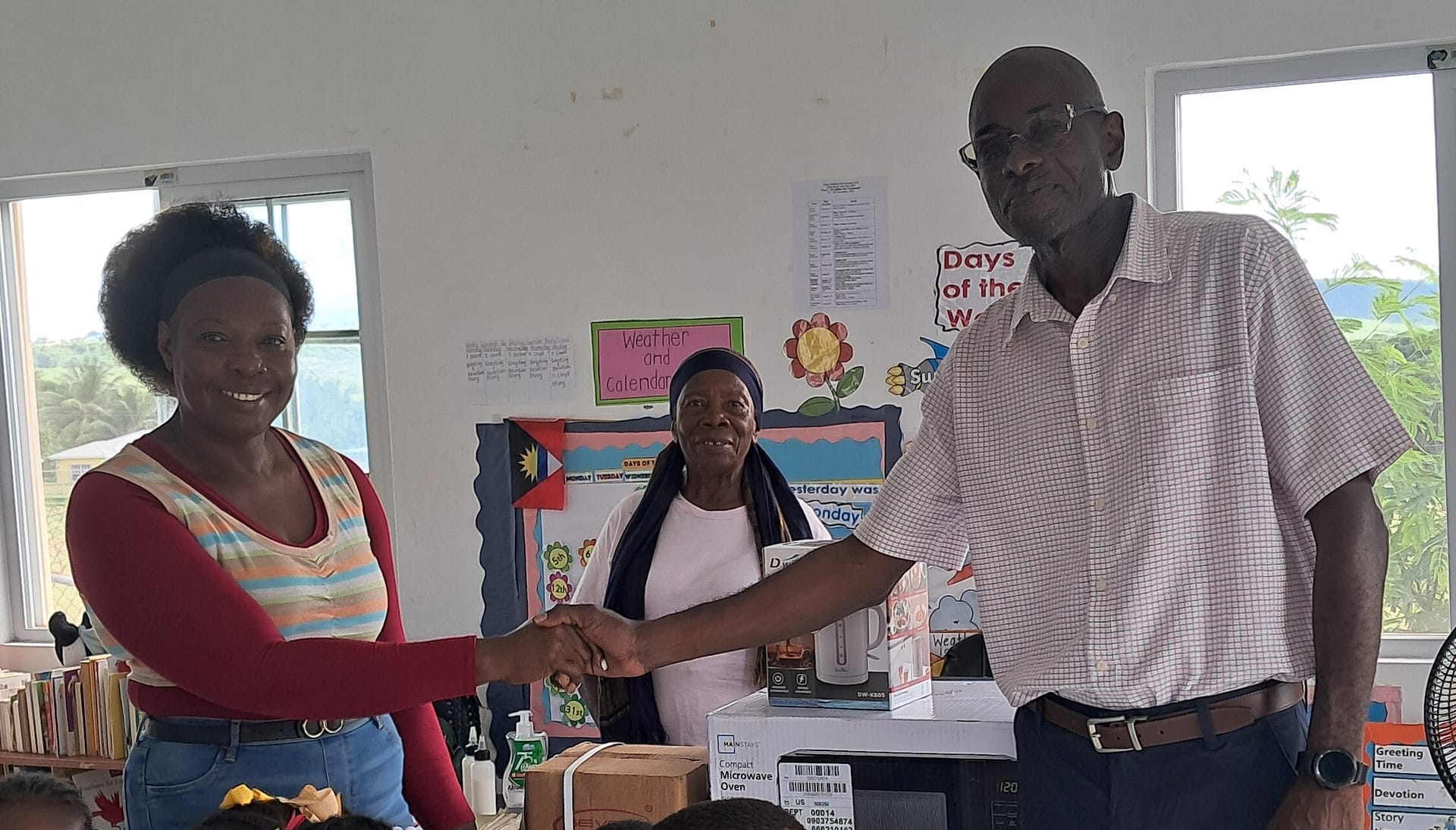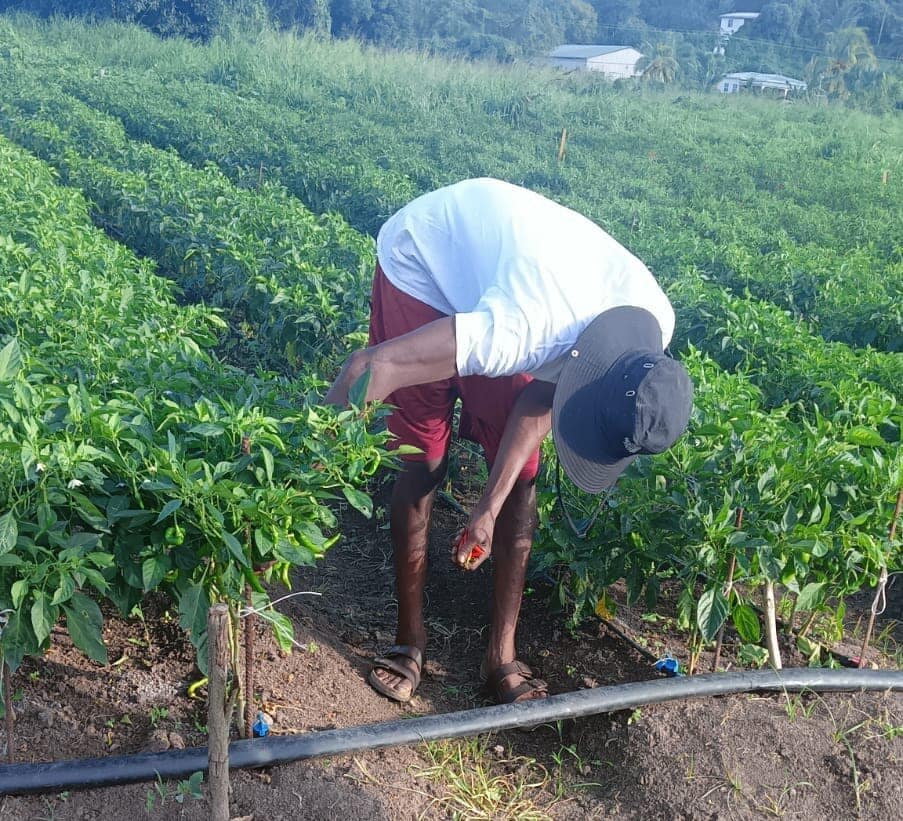By Yves Ephraim
In a rare departure from my usual focus on principles over political rhetoric, I find myself compelled to address the recent statements made by the Minister of Public Works. The minister’s remarks, broadcasted on the radio, attempted to justify his refusal to step down amidst calls for an independent investigation into an alleged $15 million scam.
The minister presented two key arguments: first, that the notion of a $15 million scam was fabricated by the Opposition; and second, that individuals seeking clarity could request documentation through the Information Commissioner. These claims, however, raise significant questions. Was it not the Honourable Prime Minister who initially referenced the $15 million scandal? Furthermore, how can the Information Commissioner provide answers without an official inquiry? The Prime Minister himself has admitted to not fully understanding the depth of this issue, leaving one to wonder where the Commissioner would source the necessary information.
This situation evokes memories of my secondary school days, when I would often gaze out the classroom window, only to fail miserably in the subsequent pop quiz. Am I missing something here, or is this another instance of being the ‘dunce’? The public deserves transparency and accountability, yet the minister’s defense seems to obfuscate rather than clarify. Can someone provide the correct answers to ensure we all pass this critical test of governance?









